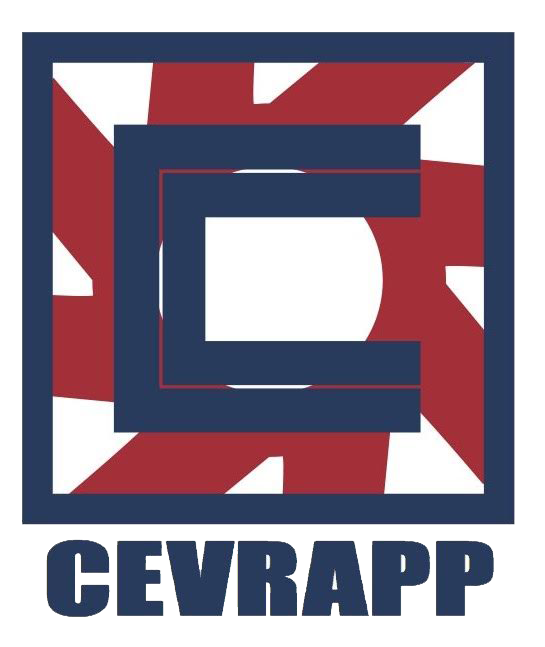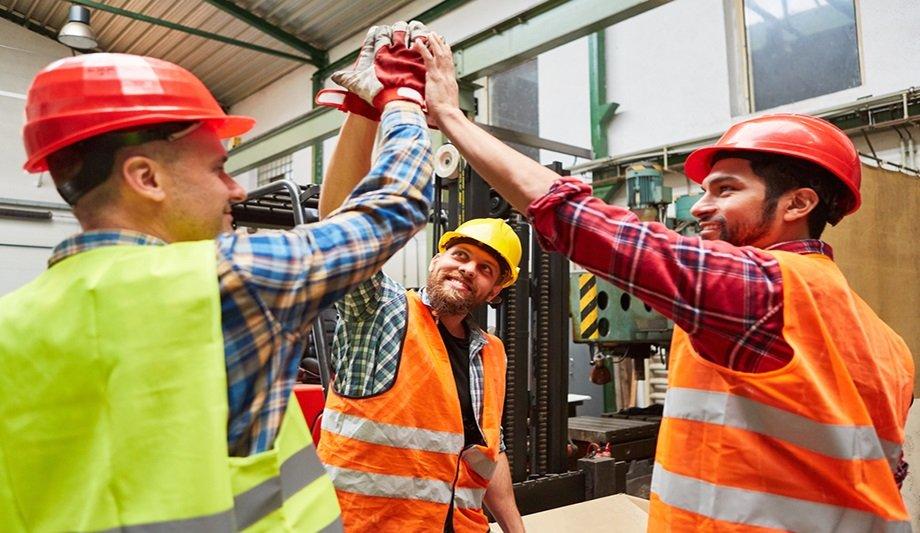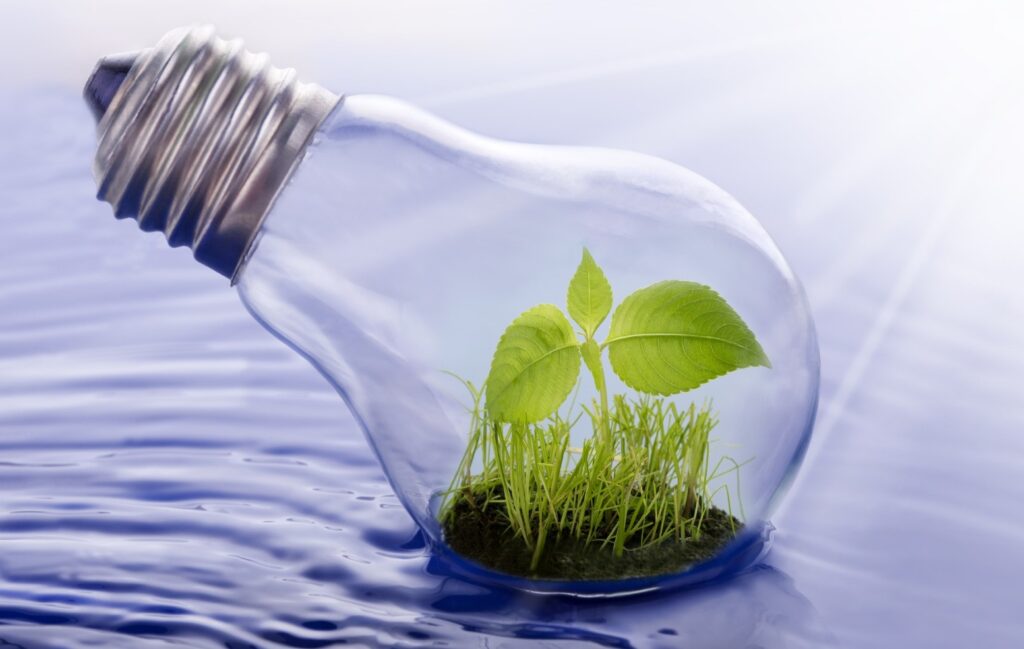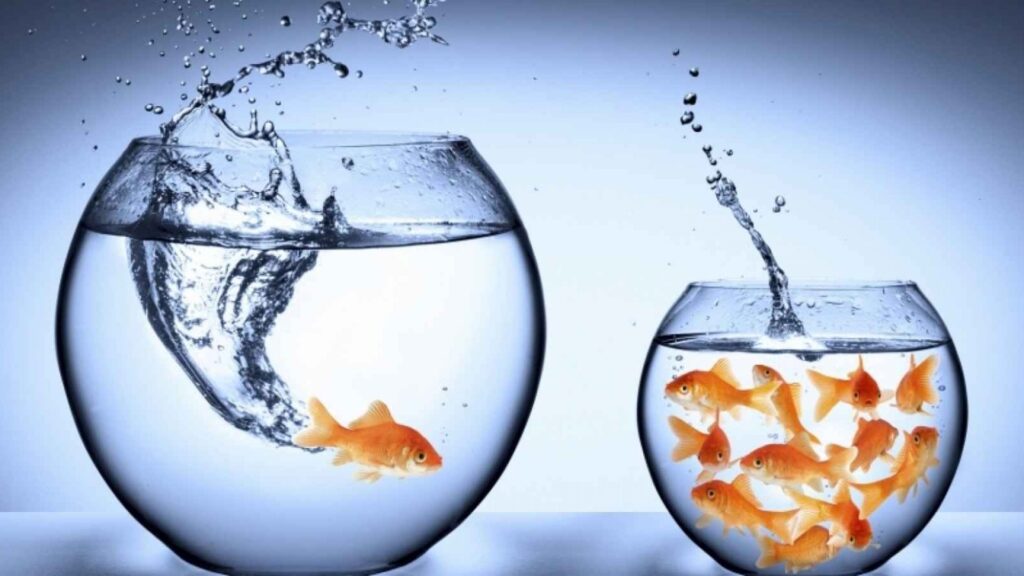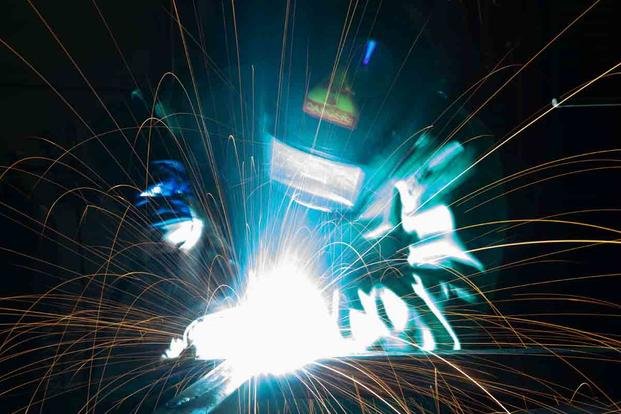Cevrapp takes pride in developing and delivering a total productive maintenance platform enhancing your company´s performance and business sustainability over time. This means that the way that companies and businesses manage and handle main resources is extremely important to achieve successfull operations as well as optimal bottom lines whether your business and company is a food and beverage producing outlet or an accommodation property as well as a professional vendor and service contractor.
Company owners need to be stratregic when it comes down to goal setting and resource monitorization and utilization, hence fitting this strategy into a long term thinking process will better ensure that we are setting up our business for success down the road, in other words, sacrifying short term profits for greater market share later because without long term market share there is no long term profits.
With this in mind we are better able to figure out ways and products that will cater better to these needs in the marketplace allowing companies along the value chain within the sector to thrive with higher and more potent revenues resulting in wider margins as well as contributing to a healthier business environment.
Your company´s sustainability policies are not just the responsibility of a single collaborator within your team, it is the whole supply chain and all main players involved responsibility to contribute to a more sustainable business ecosystem. If we act like this we support sustainability enhancements within the industry and at an individually business level we reduce company´s operating costs by undertaking greener business policies as well as applying new tools and methodologies which allow for far better utilization of scarce and ondemand main resources, hence its importance, these are food (waste), water and energy, we do not include capital and time as part of the rule of the big three as these two are handled differently for every venture.
Really the goal is to reduce inneficiencies throughout business operations leading to mishandling of main resources, therefore if our current sustainable business policies are not paying off then we might just have to create them in order to rise our performace and accountability.
Quick data about our sector
- The global hospitality industry contributes roughly 1% of global carbon emissions and it needs to reduce it by 66% by 2030, and 90% by 2050 versus 2010 levels.
- Electricity & heat production are the largest contributors to global emissions followed by industrial transportation, manufacturing, construction cement and agriculture
- It generates waste from, foods, packaging materials, amenities & cleaning supplies, synthetic materials, paints, and pesticides
Sustainability, as we know, has become a significant trend that is reshaping sectors and its supply chain, we believe that running more sustainable operations over time is a team sport, just like business is, which guarranties a stronger and healthier supply chain for generatons to come.
In the other hand technology has the key to unlock and release the full potential of all main players within the supply chain and together are able to contribute to this common goal of turning business daily tasks into a far more efficient sustainable and responsable operation in terms of the management and handling of main resources.
There is more than just one master key besides innovations and smart sensors, waste reduction strategies can be set up as well as circular economy policies along the supply chain can be enhanced while betting more on transparency, thus the journey to a more sustainable future is well underway despite all odds such as comercial, educational and regulatory issues which are significant.
So how can companies and business owners respond to challenges? Education, spreading awareness as well as improving skills and practices across the industry are essential. If we think about it deeply something similar, in a way, was carried out at property levels and by governments when technology and innovative solutions broke through the ground within the industry especially post covid, companies need to reeducate workforce on new systems seeking better outcomes and performances therefore in a more sustainable environment a same approach could be taken,
This brings home another important topic which is data, what does not get measured does not get accomplished, right? Data therefore should be highly desirable by companies and businesses as it helps to turn the uncertain into actionable goals.
If we aim at measuring everything we shall have the raw data to create metrics that then allows companies and teams to walk the path with clearer views. For that we will need to develop and implement the right technology while also training our collaborators to analyze results as well as create or change strategies in order to reduce main resources overspending, these efforts can be highly rewarding at business level since the value of the operation we run can raise AkA the saleability of the venue increases.
That is how important developing a sustainable business operation really is. Tracking the usage of main resources through the operation is mandatory in order to reach this standard, for instances water usage we can seek ways to reduce it by fitting pipes with tracking devices allowing for early leak detection. At large property levels such as offices or hotels this means saving up to hundreds to thousands of € yearly in toilet leaks. There are other strategies that we may apply such as installing foot operated water taps in kitchens and other areas helping to improve efficiency and reducing water flow.
Electricity, energy metrics and smart sensors together with building management interfaces are becoming more common in the hospitality industry and across the supply chain. Heating lighting and climatization systems can be controlled based on clients traffic trends during the day allowing for better decision making according to occupancy rates.
This is pretty benefitial for both back of house and front of house operations as it enables for appropriate levels of lighting and heating in public areas rooms and corridors matching demand patterns, this may vary according to the business operation that we operate.
Check out these simple strategies to offset rising costs by turning operations as efficient and sustainable as possible,
1 Energy audit a brilliant idea
Benchmarking where your operation stands today will determine when and how your property and teams are misusing energy.
Besides notifying your finance profesisonal about this we can also get hold of an energy audit expert who will assist in better understanding and figuring out ways to keep costs under control especially if you run a small operation with limited resources.
On top of this, there are innovative online tools allowing users to check through market power rates reducing therefore power costs as well as it helps to democratize the power of savings.
2 Testing peak demand
The more controlled your opeation the better for your company in order to spot out energy inneficiencies which directly impacts energy costs. Your peak of demand is spotted out in order to implement solutions. Automated systems can help schedule energy intensive tasks for off peak hours shifting energy usage when power or electricity rates are lower.
3 Do upgrades
Upgrading your venue´s lighting system with energy efficient led technology is up to 75% more efficient than traditional bulbs.
Food waste is a real thing and although there are several tools already out there in the market that cater towards this challenge we would like to underpin it too, using waste devices placed in bins as well as equipments for tracking food ingredients help reducing food waste. Also the purchase of KM0 items from farm to table does the job helping to reduce waste as well as enhances local economy.
All of these implementations are part of a strategic planning where customers do not get involved with, quite obvious. The fact of the matter is that businessmen management teams as well as company owners can now market and promote their brand and businesses as greener and more sustainable approach concerning their usage of main resources, water food and energy.
In the current business world we live in and we compete in the steaks are pretty high especially in an industry where margins are paper thin therefore this should be a really big deal for companies. Bottom line is that companies and brands should really care where they stand on the rule of the big three, the eyes and hearts of the marketplace are the judge ready to drop the hammer at any time on your business if failing to take action and responsibility as a main player within the value chain.
